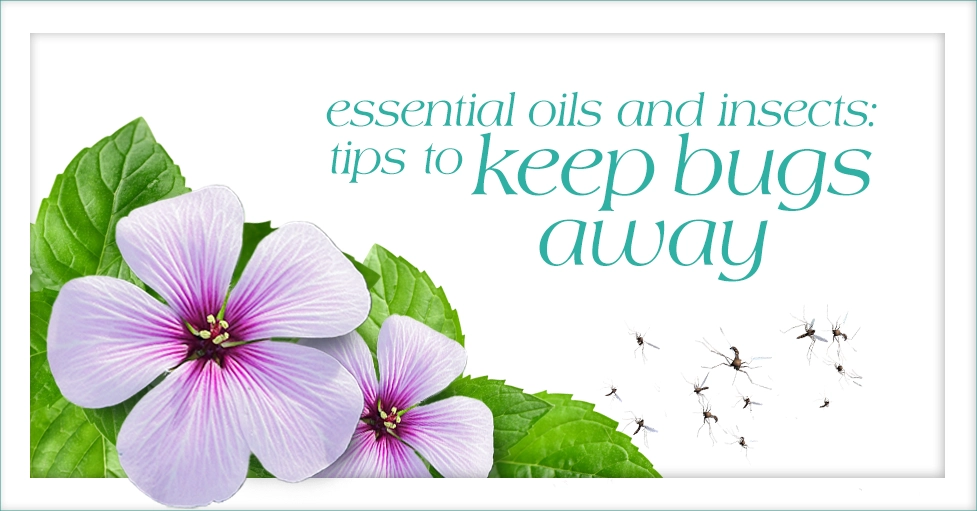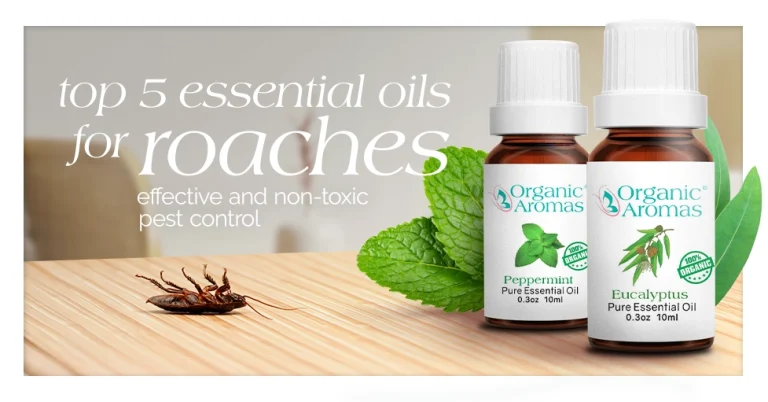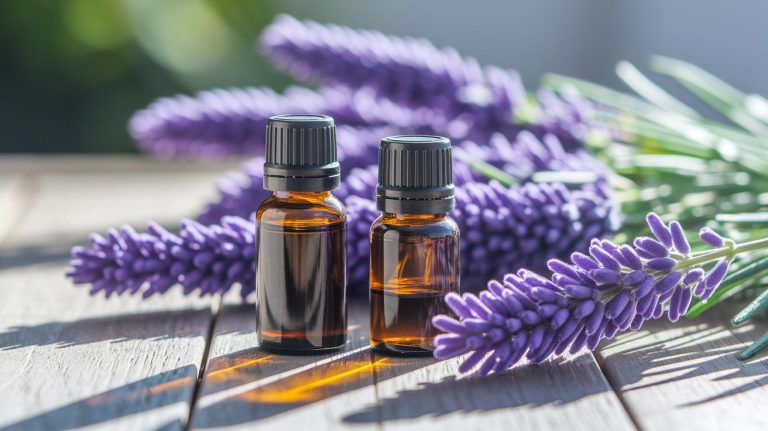Essential Oils and Insects: Tips to Keep Bugs Away
Are you tired of pesky insects ruining your outdoor experiences or invading your home? Have you considered using something more natural and eco-friendly to keep them at bay? In this blog post, we’ll explore the power of essential oils as natural insect repellents. Discover how aromatic plant extracts can effectively repel insects while providing a safer, healthier alternative to synthetic chemical bug sprays. Let’s dive into the world of essential oils and insects, and learn how they can help us enjoy our surroundings without the annoyance of unwanted pests.
Short Summary
- Essential oils, such as tea tree and peppermint, provide protection from insects for up to 150 minutes.
- DIY natural insect repellent recipes can be created using essential oils (with caution taken to follow safety guidelines when applying them).
- Citrus oils are effective for indoor pest control while also requiring safety precautions when used around people, pets and outdoors.
The Power of Essential Oils against Insects

Essential oils, like tea tree essential oil and peppermint essential oil, possess natural insect-repelling properties, making them an effective and environmentally friendly alternative to synthetic repellents. These oils have been shown to be highly potent in repelling mosquitoes and pesky insects, proving their efficacy in keeping them away. Essential oils to keep for this purpose include tea tree oil and peppermint essential oil.
Essential oils can repel a variety of biting insects, such as zika carrying mosquitoes, ticks, biting midges, biting flies, and ants. Peppermint essential oil has been proven to provide 100% protection against mosquito and other insect bites for up to 150 minutes when applied topically1. Remarkably, its effectiveness is unparalleled among mosquito repellents.
You Should Know the following compounds in essential oils are known to repel or irritate insects:
- Limonene: Found in citrus oils such as lemon, lime, and orange, limonene is a common terpene known for its insect repellent properties. It can cause paralysis and death in insects.
- Citronellal: Present in citronella oil, citronellal is a monoterpene aldehyde that repels insects such as mosquitoes, flies, and fleas. It disrupts the insects’ nervous system and can repel them from an area.
- Geraniol: Geraniol, found in geranium, rose, and citronella oils, is a powerful mosquito repellent. It affects their nervous system and interferes with their ability to locate and feed on hosts.
- Linalool: Present in lavender, coriander, and basil oils, linalool has repellent effects against flies and cockroaches. It disrupts the insects’ nervous system, influencing their behavior and deterring them from landing or approaching certain areas.
- Eugenol: Found in clove, cinnamon, and basil essential oil, eugenol has insecticidal and repellent properties. It can disrupt the nervous system of insects and repel them.
- Menthol: Present in peppermint and spearmint oils, menthol is known for its ability to repel mosquitoes and certain other pests. Its strong scent is disliked by insects.
- Thymol: Thymol, found in thyme and oregano oils, has insecticidal properties and can repel pests like bed bugs. It affects the nervous system and can lead to paralysis or death in insects.
- Carvacrol: Present in oregano, thyme, and savory oils, carvacrol acts as an insect repellent and can cause irritation or discomfort to insects.
- Camphor: Camphor oil is known for its repellent properties against mosquitoes, flies, and moths. The strong aroma of camphor is disliked by many insects.
- Alpha-pinene and Beta-pinene: Pinene compounds are commonly found in pine, fir, and rosemary oils. They have insecticidal properties and can repel flies. These compounds can disrupt the nervous system of insects and deter them from approaching.

How Essential Oils Work as Insect Repellents
Numerous studies have proven that essential oils work by creating an inhospitable environment for insects, discouraging them from biting or entering one’s home. When applied to the skin or clothing, they can be reapplied as necessary to keep insects away. Carrier oils, which are non-volatile and render essential oils more compatible with the skin, also prevent rapid evaporation and may provide additional insecticidal advantages.
From a biological standpoint, the process by which the organic chemical compounds found in essential oils disrupt the nervous system of insects can be further described as follows:
1. Neurotransmitter Interference: Many essential oil compounds, such as eugenol and citronellal, can interfere with the proper functioning of neurotransmitters in insects. Neurotransmitters are chemical messengers that transmit signals between nerve cells. By disrupting the normal action of neurotransmitters, these versatile oil compounds can disrupt the communication between nerve cells2, leading to dysfunction in the insect’s nervous system.
2. Ion Channels Modulation: Essential oil compounds, including menthol and thymol, can modulate ion channels in insect nerve cells. Ion channels are proteins that control the flow of ions, such as sodium, potassium, and calcium, across the cell membrane. By altering the normal activity of these ion channels, essential oil compounds can disrupt the electrical signals in nerve cells, leading to impaired neuronal function.
3. Neurotoxic Effects: These essential oil compounds can interfere with vital cellular processes in insect nerve cells, such as disrupting enzyme activity or causing oxidative stress3. This damage can lead to the impairment of nerve cell function and ultimately affect the overall functioning of the insect’s nervous system.
4. Receptor Interactions: Some essential oil compounds, such as certain monoterpenes and sesquiterpenes, can interact with specific receptors in insect nerve cells. These interactions can disrupt the normal binding of neurotransmitters to their receptors, leading to impaired neuronal signaling and function.
5. Respiratory Toxicity: Insects have a highly sensitive respiratory system, and certain essential oil compounds, like eucalyptol found in eucalyptus oil, can affect their breathing. When insects come into contact or are exposed to these compounds4, it can result in the irritation or paralysis of their respiratory muscles, leading to respiratory distress and ultimately affecting their overall nervous system function.
DIY Bug Repellant Essential Oil Blend
A natural DIY bug spray using essential oils includes a mixture of essential oils, distilled water, food-grade alcohol or just a carrier oil. However, it’s important to note that some essential oils, like citronella, are not being used as insect repellents in Canada and Europe due to regulatory concerns with their safety and the presence of methyl eugenol.
Advantages of Using Essential Oils
Using essential oils against insects offers several advantages, such as being environmentally friendly, non-toxic, and providing aromatherapy. However, it’s important to be cautious with these oils as some can lead to skin irritation and adverse reactions, and the available toxicity and safety information can sometimes be limited or conflicting.
Hemp essential oil, for instance, does not contain any psychoactive properties and can be used as a natural mosquito repellent. It also possesses calming and anti-inflammatory qualities.
A mixture of Citronella, Rosemary, Lemongrass and Geranium (the highly renown, so-called Shoo Fly blend), is a great example of the power of essential oils specifically formulated to deter fruit flies and other bothersome insects.
Top Essential Oils for Insect Repellent
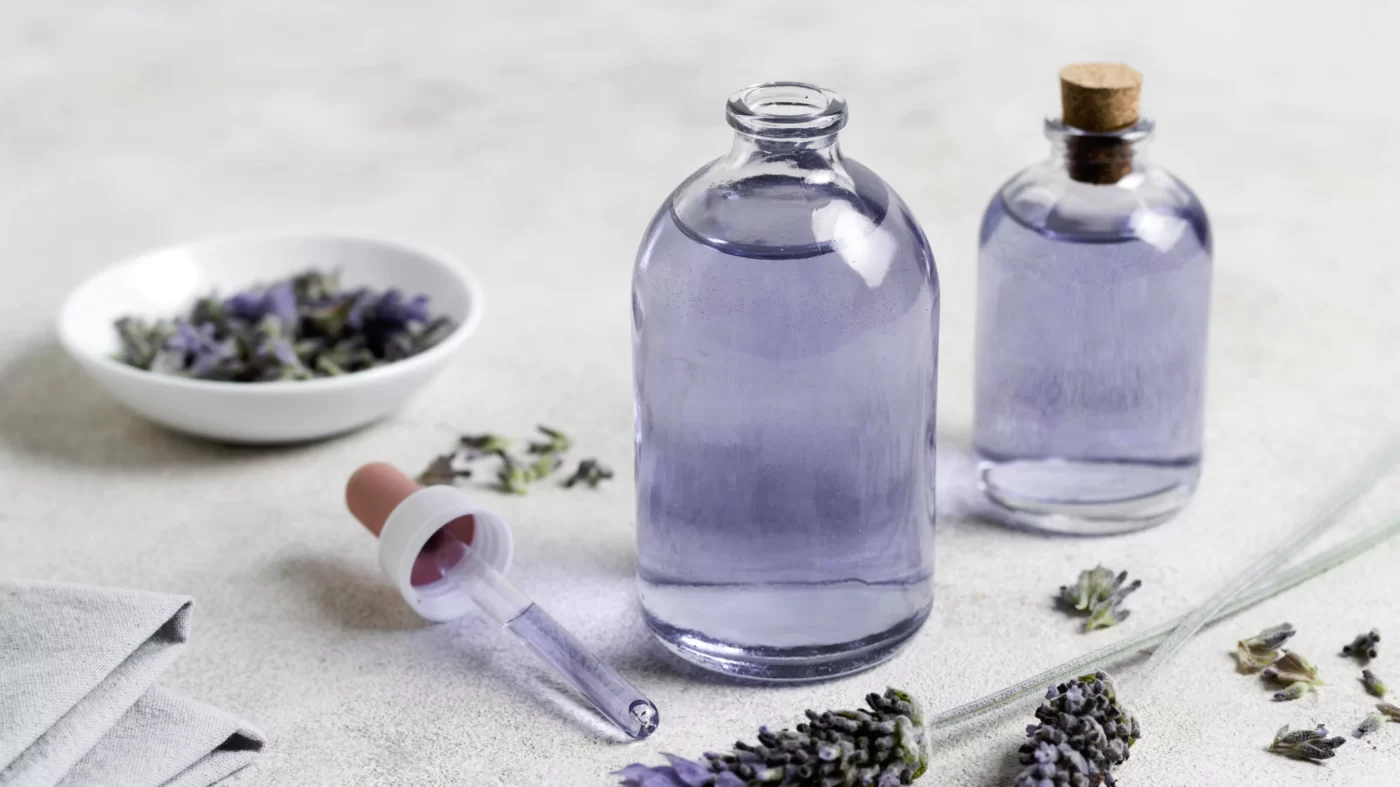
Some of the best essential oils for insect repellent include peppermint, lemongrass, cedarwood essential oil, lavender, and tea tree. Lemon Eucalyptus essential oil is an effective insect repellent. Studies have shown that it can repel ticks naturally. Due to its efficacy as plant based insect repellents, it is even recommended by the CDC and EPA as a natural alternative to chemical-based insect repellants. Lemongrass, citronella, cedar, peppermint, lavender, and geranium are exempt from the Environmental Protection Agency registration, making them accessible alternatives for insect control.
Keep in mind, if you are looking to repel spiders, they are not insects they are arachnids.
How to Use Each Essential Oil
To use essential oils effectively for insect repellent purposes, they can be applied directly to the skin (diluted in a carrier oil), diffused, or mixed with water to create a bug spray. For instance, lemongrass essential oil can be applied directly to the skin, diluted in a carrier oil, diffused, or mixed with water to create a spray to repel mosquitoes effectively.
Peppermint oil, on the other hand, has been shown to kill mosquito larvae. When added to a DIY essential oil bug spray and applied to the skin it helps repel adult mosquitoes from biting.
Other essential oils, like Ylang Ylang, Arborvitae, and Litsea, have their own insect-repellent properties and can be used similarly.
DIY Natural Insect Repellent Recipes
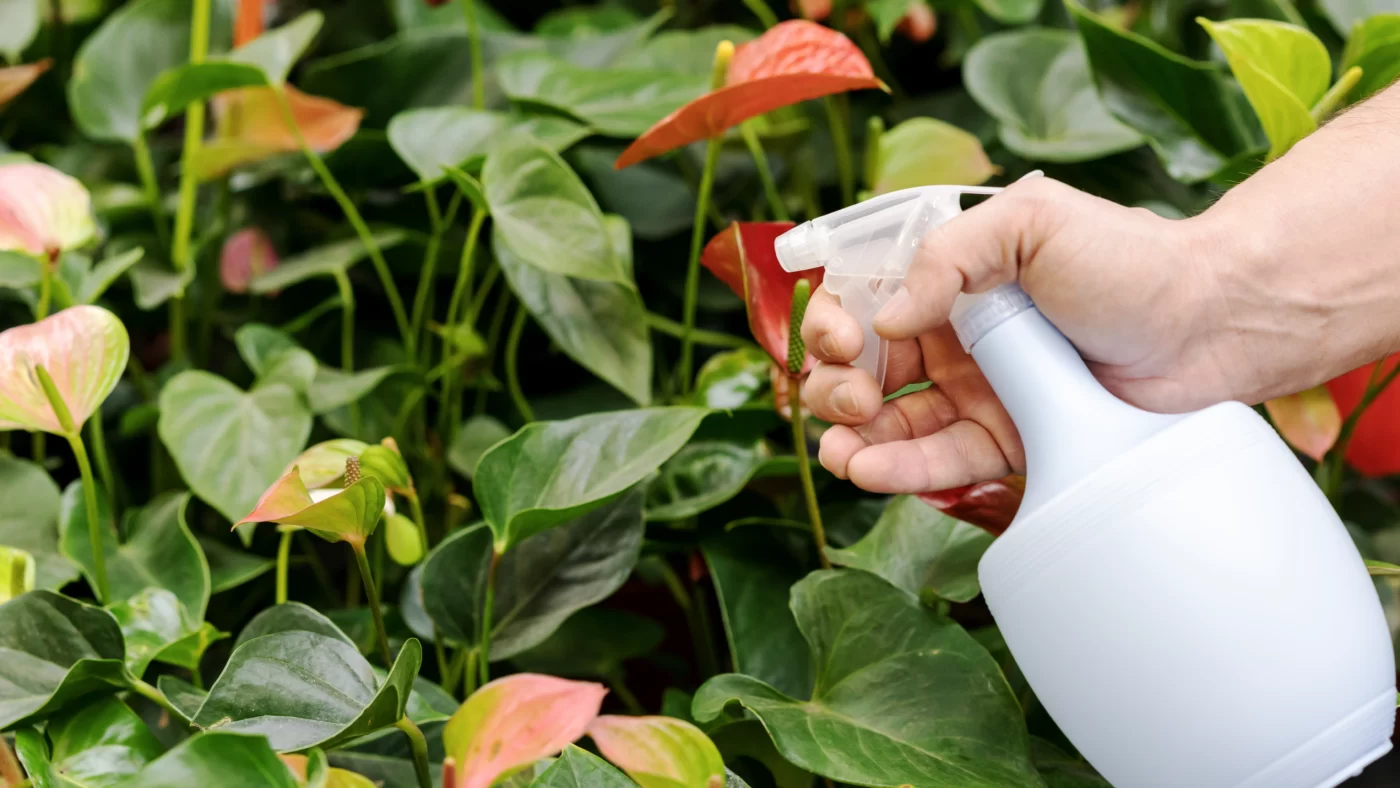
Creating your own DIY natural insect repellent recipes using your favorite essential oils is easy and effective. These recipes can include bug sprays, balms, and diffuser blends.
When making a homemade insect repellent spray, it’s important not to exceed a 15% concentration of essential oils. Hydrosols, the water infused with therapeutic, aromatic properties derived from the steam distillation of an aromatic plant, can be used as a gentle alternative to essential oils.
Portable applicators, like roller bottles or our Mobile Mini, can also be used to apply essential oils to the skin or just your immediate local environment.
A recommended dilution ratio for essential oils in a carrier oil is 6 drops of essential oil to 10 ml of carrier oil.
Safety Tips for DIY Recipes
When creating essential oil repellents with DIY recipes, it’s important to follow safety guidelines. First, perform a patch test to ensure that the essential oils do not cause any irritation or allergic reactions.
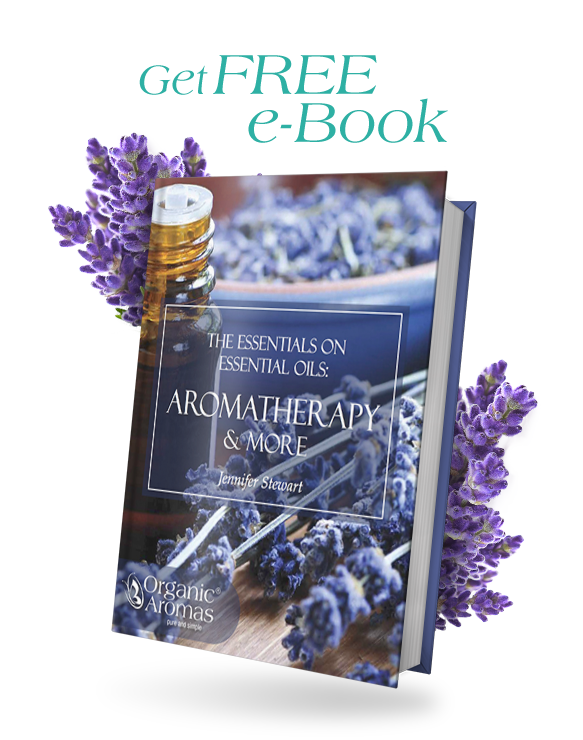
Sign Up to Get Your FREE
e-Book Here…
Second, always dilute essential oils, such as lavender essential oil, with a carrier oil before using them as insect repellents, as undiluted essential oils can potentially result in skin irritation or allergic reactions.
Finally, avoid applying essential oils to open or damaged skin, as this may cause additional irritation or allergic reactions.
Essential Oils and Insects: Controlling Around the Home
Essential oils can be an effective solution for indoor pest control, helping to keep your home free of unwanted insects. Citronella, lavender, peppermint, and eucalyptus are some of the essential oils that are known to be effective for targeting specific pests.
For example, cinnamon bark essential oil is one of the most effective natural way to keep ants away from one’s home due to its overpowering scent, which interferes with ants’ neuroreceptors.
Citrus Essential Oils for Indoor Pest Control
Citrus essential oils, such as citronella oil, lemon eucalyptus oil, lavender oil, lemongrass oil, tea tree oil, eucalyptus oil, and spearmint oil, are particularly effective for indoor pest control. These oils can be used to repel a variety of insects, including mosquitoes, flies, ants, and other pests.
They can be applied by spraying, nebulizing, diffusing, or wiping them onto surfaces to effectively target and repel insects, specifically targeting certain pests.
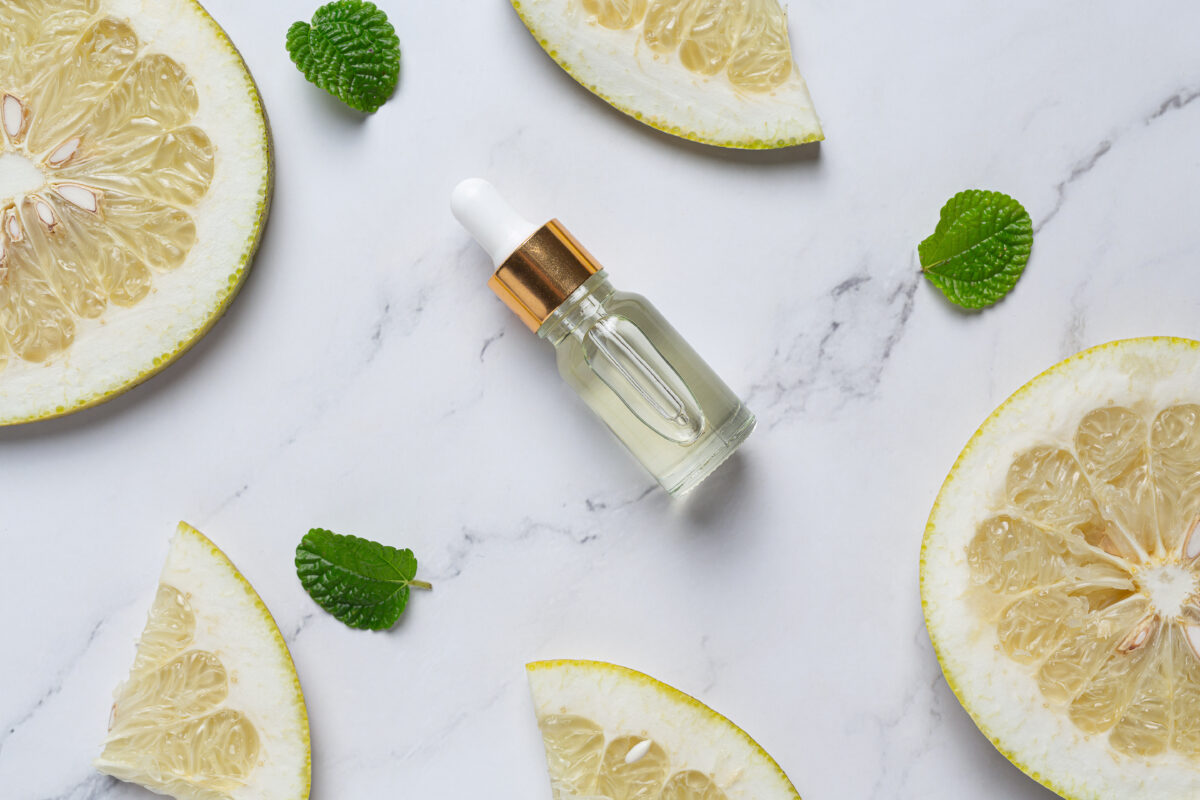
Essential Oil Safety for People and Pets
When using essential oils for insect control, it’s important to follow safety guidelines for both people and pets. To ensure safe use, follow the proper dilution ratios indicated on the product pages or in the “Safety Guidelines” sections.
It’s important to note that certain essential oils might irritate the skin, causing sensitization or phototoxic reactions. Always take precautions when using them, and test a small amount on skin first before use. Essential oils are generally considered safe for use on children who are at least five years old.
Essential Oils to Avoid
While essential oils can offer many benefits for insect control, it’s crucial to be cautious and avoid certain oils that may pose safety concerns for humans and pets. For example, it’s advisable to refrain from diffusing essential oils around dogs and cats, as inhalation exposure to potentially toxic essential oils could be harmful to pets.
Make sure to use pet-safe essential oils appropriately and as indicated on the label, and prevent pets from ingesting the oil or applying it directly to their skin.
Essential Oils and Insects the Bottomline
We have irrefutable evidence essential oils are a powerful and natural alternative to synthetic insect repellents. By harnessing the power of these plant extracts, you can effectively ward off insects, ensuring a safer and healthier environment for you and your loved ones. With proper usage and safety guidelines in place, essential oils can be an invaluable tool in your quest to keep pesky bugs at bay.
So why not give essential oils a try and experience the benefits of a natural, eco-friendly solution for insect control?

Join Now and Get a Coupon for 10% Off!
Frequently Asked Questions
What essential oils will keep bugs away?
Using Peppermint, Lemongrass, Cedarwood, Lavender and Tea Tree Essential Oils can help keep bugs away from your home. These scents are not only pleasing to the senses, but also strongly disliked by most bugs, providing an effective method of defense against them.
What insects does lemon essential oil repel?
Lemon essential oil can be used to naturally repel mosquitoes, ticks, fleas and other nuisance insects. This oil is particularly effective in repelling mosquito populations, with studies showing that it can reduce their numbers by up to 95%.
What smell do insects hate the most?
It seems that insects are particularly averse to the strong, pungent smell of certain essential oils such as: clove oil, peppermint, thyme, citronella and rosemary oil. These fragrances have been found to be effective in keeping bugs away from the area.
How do you mix essential oils for insect repellent?
To mix essential oils for insect repellent, combine the appropriate ingredients for your chosen recipe, such as distilled water, witch hazel, vodka (or even white vinegar), and a few drops of the desired essential oils, into a small spray bottle. Shake well to combine the ingredients and you’re ready to use your homemade insect repellent!
It’s easy to make your own natural insecticide and repellent with essential oils. Simply mix the right ingredients in a small spray bottle, shake to combine, and you’re ready to go!
What are some effective essential oils for insect repellent?
Essential oils such as peppermint, lemongrass, cedarwood, lavender, and tea tree oil have proven to be effective natural insect repellents.
These oils can be used in a variety of ways, such as diffusing them in the air, applying them directly to the skin, or adding them to homemade sprays. They are safe to use around children and pets, and are a great alternative to harsh chemicals.
- Bioefficacy of Mentha piperita essential oil against dengue fever mosquito Aedes aegypti L, Sarita Kumar
- “Insecticidal activity of plant essential oils against the vine mealybug, Planococcus ficus” by Benelli, G., Pavela, R., Canale, A., Cianfaglione, K., Ciaschetti, G., Conti, F., Nicoletti, M., Senthil-Nathan, S., Mehlhorn, H., Maggi, F. (2017)
- Essential Oils as Green Pesticides: For Sustainable Agriculture” by Singh, P., Pandey, A.K. (2018)
- Essential Oils and Their Constituents as Insecticides: A Review” by Isman, M.B. (2020)

